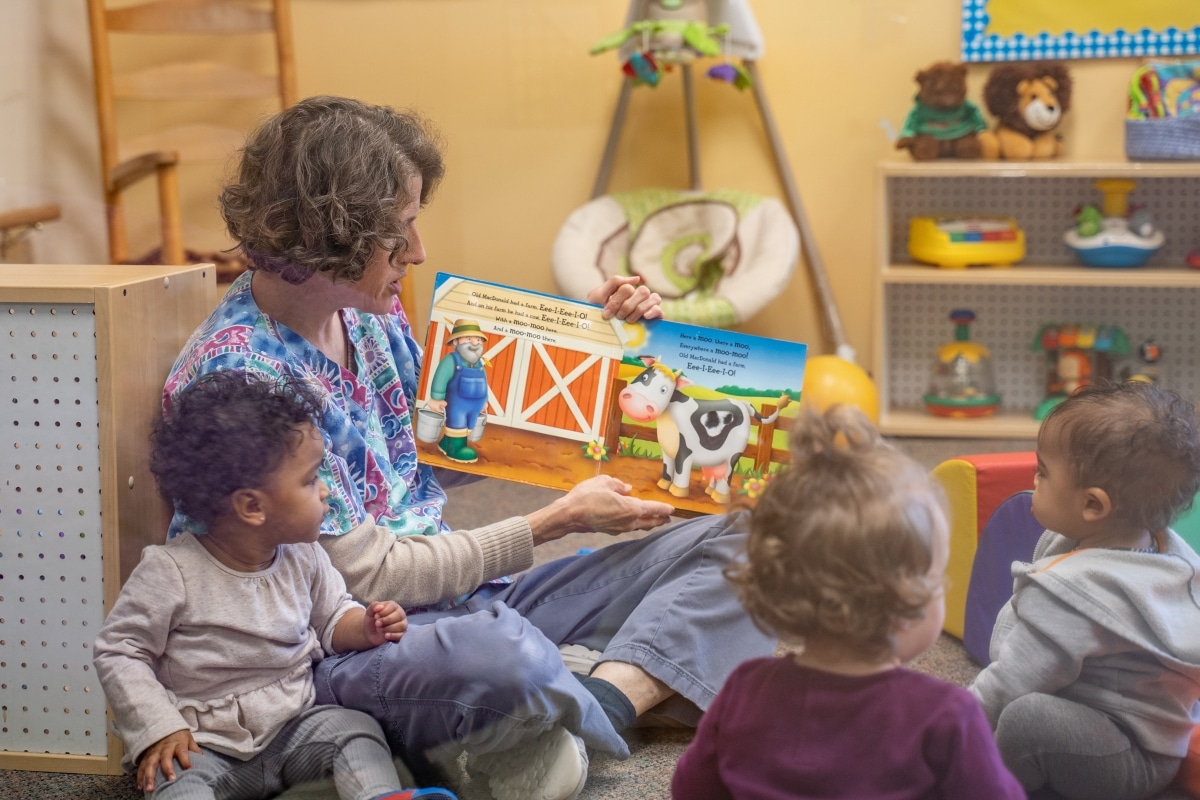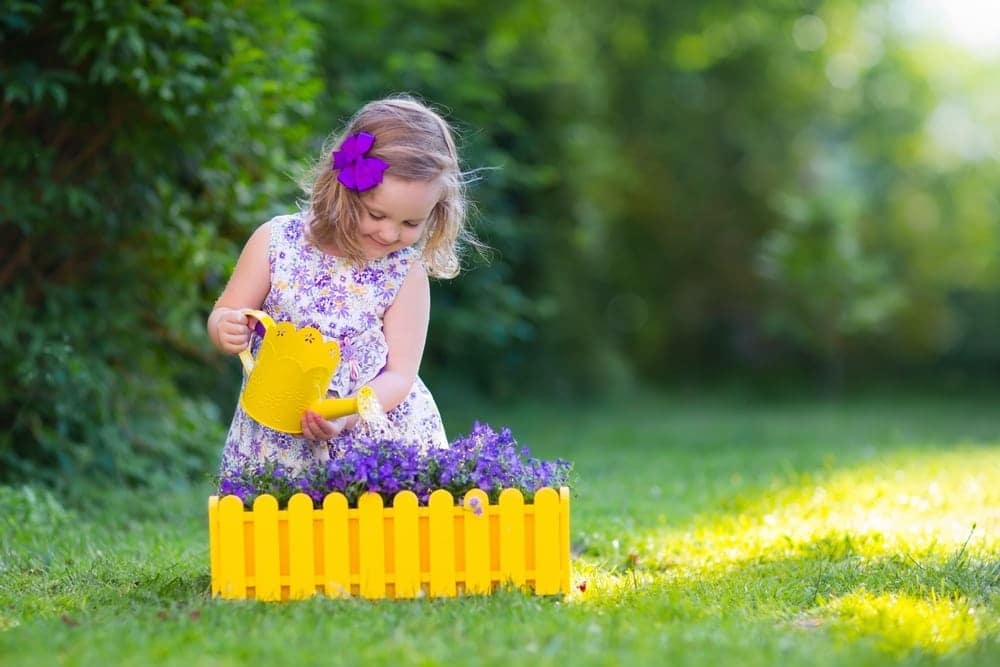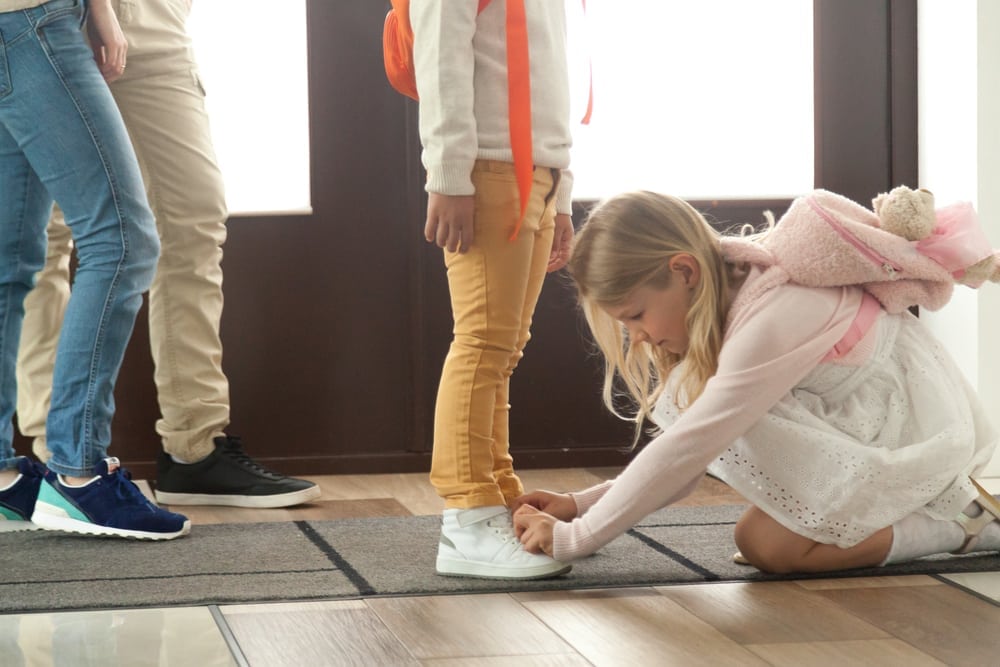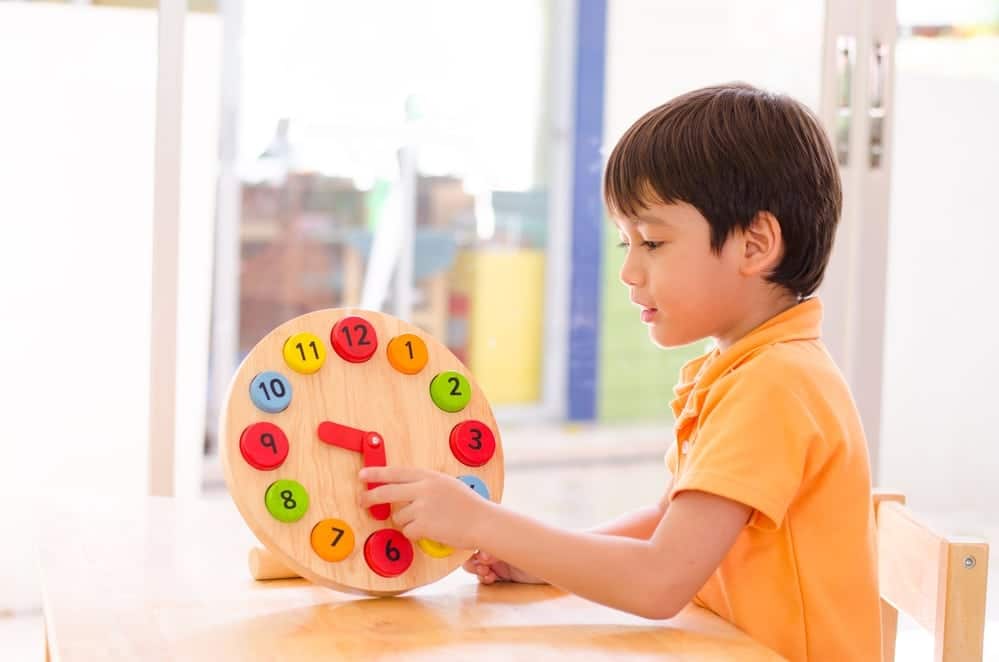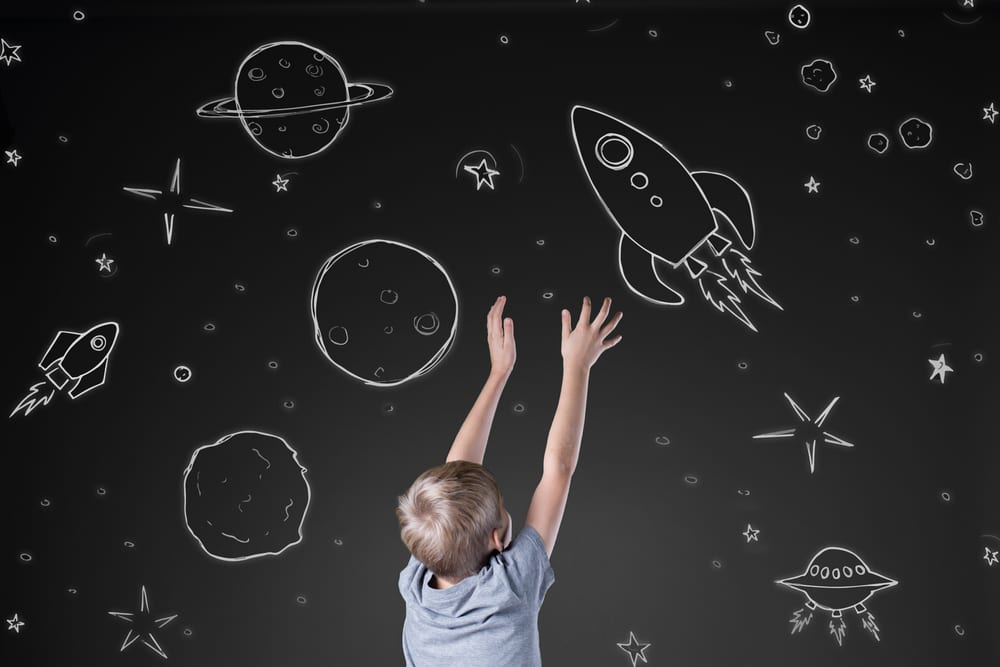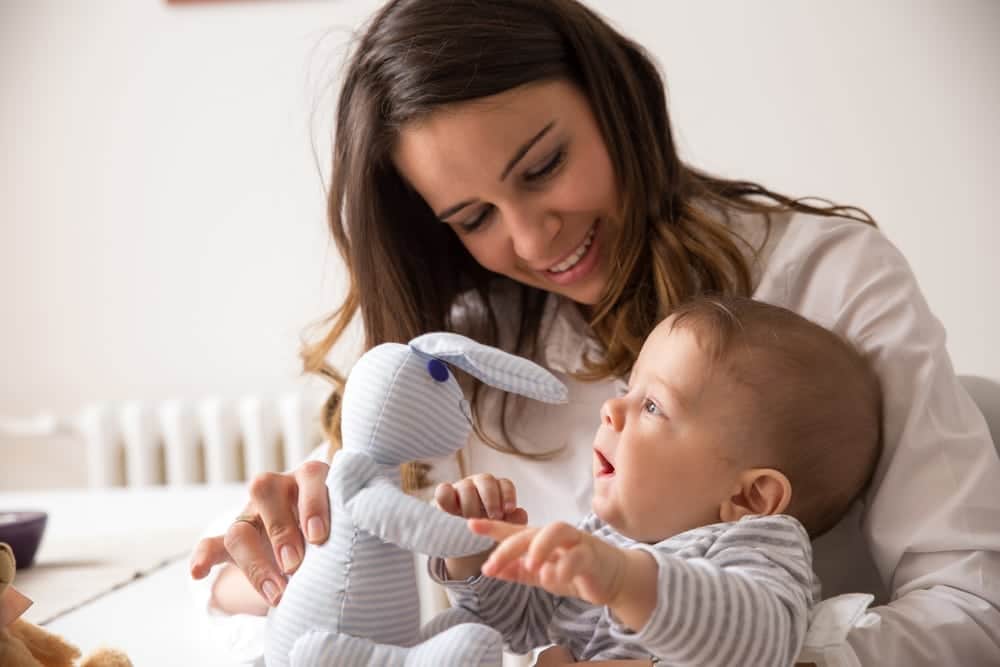By Kristi Ockuly
As a Montessori school teacher for more than twenty years, and as a mother of five, I can attest to the fact that all parents wonder about the experience their young children will have in school. If they are in preschool, parents wonder about elementary school. Elementary school parents wonder about the middle school and so on until, well, forever…I guess. We wonder if they’ll like it. We wonder if they’re safe. We wonder if their next teacher will see all the wonderful things that we see. Mostly, we wonder if they’re ready. Have they been sufficiently prepared so that they are ready for their next experience? While, all experiences will be different, when it comes to being ready for the kindergarten experience, there are a few things that we early childhood teachers focus on. We also like to encourage the parents of our students to reinforce these things at home.
The Big Three: Social, Emotional, Academic
There are so many concepts to think about. I can remember worrying about my own kids and their counting and recognizing shapes and taking responsibility for their belongings, dressing themselves, tying their shoes, making friends, working independently, singing, cutting with scissors, cleaning, coloring, writing, sharing, shopping, speaking, controlling emotions, making choices and hundreds of other considerations. The list is endless, and it can seem overwhelming; that’s where the concern comes in. This natural parental concern can lead us to push our kids in ways they might not be ready for yet.
To ease this concern, early childhood teachers remember that although the academics are very important, essentially everyone learns how to read, write and count in due time. However, without confidence and independence, progress is slow. As Montessori teachers, we focus intensely on social and emotional components along with the academics. When parents think of the endless list of things children need to be prepared, it’s best to categorize all the considerations into three big categories: social, emotional and academic.
What is Social Development?
Social development can be loosely defined as our ability to improve our relationships with others. Obviously, there is some crossover between social and emotional components (as well as some academic components) so this list consists of considerations we believe to be more correlated to the social realm.
Empathy-Simply showing a child how to help another child increases their awareness of the needs of others. It helps build relationships and prepares them for the future.
Responsibility-Teaching a child to observe their surroundings and be aware of the needs of others develops their sense of responsibility.
Emotional Control-Teaching a child to be aware of different emotions and that each emotion is valid and important, can help them develop the ability to witness their own emotions as well as others. Even simple mindful practices such as breathing exercises or counting can help them develop emotional health, which in turn improves social development.
Kindness-Providing opportunities for a child to understand how good it feels to perform an act of kindness encourages social growth. Simply sharing and using manners, develops their sense of kindness.
Communication-Group interactions involve communication, which develops children’s ability to use words and body language. It’s also an opportunity for them to learn how to be a good listener and turn-taker when communicating.
Group Norms, Rules, and Standards-Rules are very abstract ideas that involve understanding the consequences. Practicing rule-following is an important aspect of social development. Teaching children why the rules are in place increases their respect for the rules and you can see further social development.
Relationships-Knowing how to develop positive relationships with peers and adults is crucial to social development. Working in small groups develops this aspect of social development.
TIPS FOR PARENTS
- Participate in group activities (sports, classes, library story time, etc)
- Take them grocery shopping
- Talk about emotions
- Talk about things you see people doing (different professions, community roles)
- Let the child choose the social activity occasionally
- Encourage them to help the community by volunteering
Conclusion:
We all want our children to grow up to be happy, kind, caring individuals. Hence, why it is so important to instill confidence and independence early on. Celebrating the little things that are, in their world, giant leaps encourages the kind of growth that will slowly but surely create a mindset of growth that will follow them throughout their entire school career. By creating an environment where children can grow socially, emotionally and academically, they will be prepared for kindergarten and life beyond.
More in this series: Is My Child Ready for Kindergarten Emotionally?, Is My Child Ready for Kindergarten Academically?


